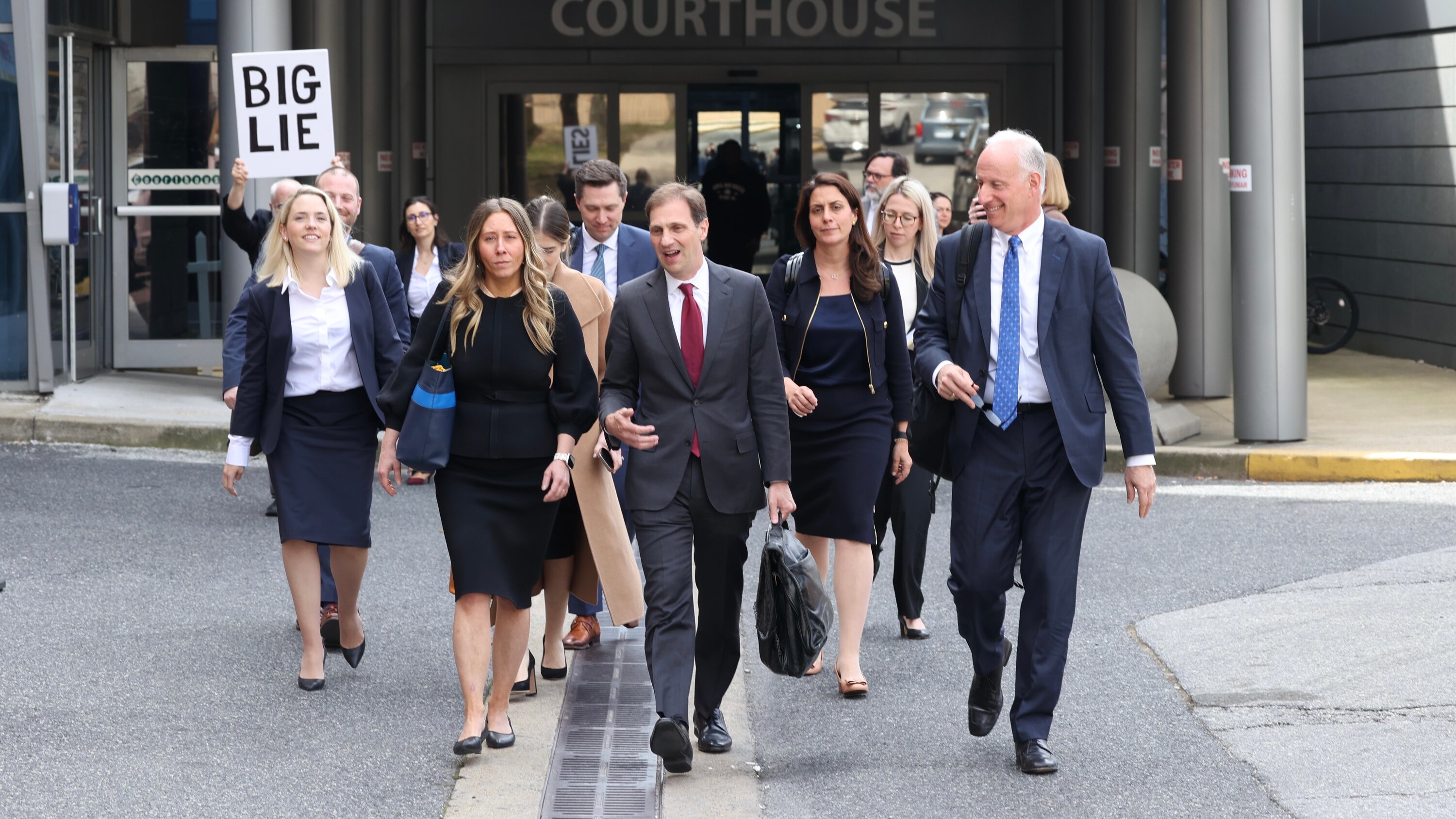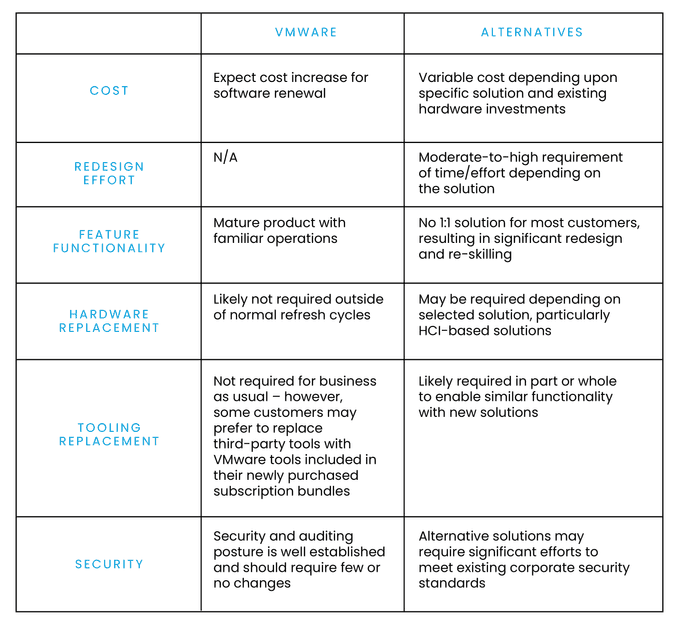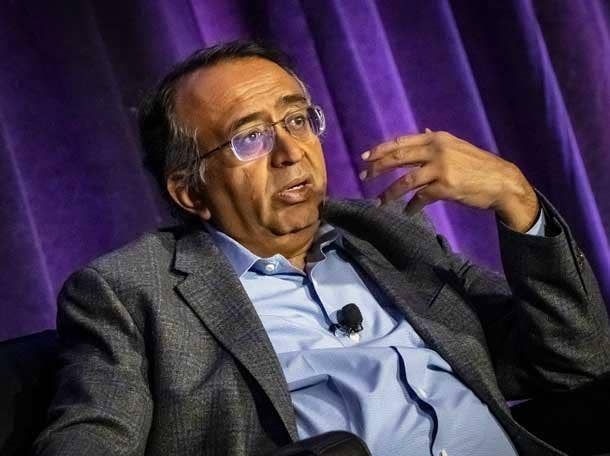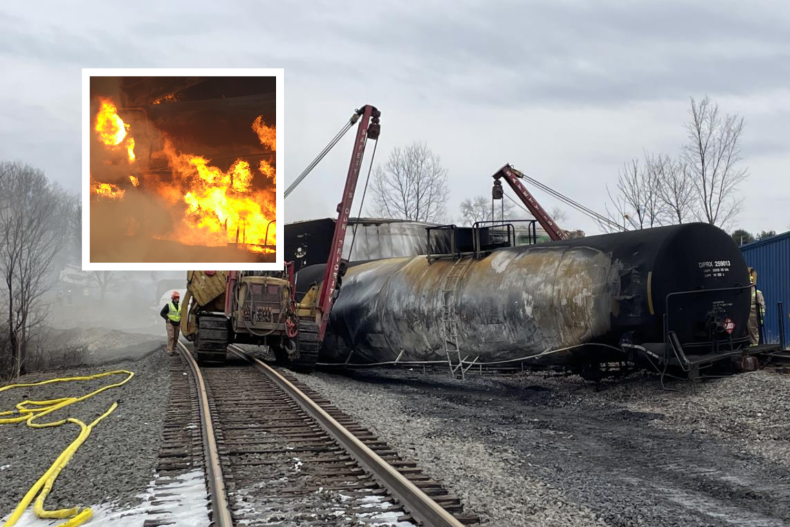Hollywood's Biggest Strike In Decades: Actors And Writers Demand Change

Table of Contents
Key Demands of the Writers Guild of America (WGA)
The WGA's strike, now in its several months, highlights crucial issues facing writers in the modern entertainment landscape. Their demands center around fair compensation, protection from emerging technologies, and improved working conditions.
Fair Wages and Residuals in the Streaming Era
The shift from traditional television to streaming has drastically altered the compensation model for writers. Unlike the traditional system, which provided residuals based on syndication and reruns, streaming platforms often offer flat fees, leaving writers with significantly less income despite their work generating immense profits.
- Unfair Practices: Streaming services often utilize opaque payment structures, making it difficult for writers to determine their actual earnings.
- WGA's Proposed Solutions: The WGA is demanding a fairer share of streaming revenue through increased residuals and transparent payment models. They're advocating for a system that reflects the value of their work in the digital age.
Protecting Writers from AI
The rapid advancement of artificial intelligence poses a significant threat to writers' livelihoods. AI-powered tools can generate scripts, raising concerns about job displacement and the devaluation of human creativity.
- AI's Potential Impact: AI could be used to cheaply generate scripts, potentially replacing human writers and drastically reducing the demand for their skills.
- WGA's Proposed Safeguards: The WGA demands regulations to prevent the unchecked use of AI in scriptwriting, including limitations on its use and ensuring fair compensation when AI is involved in the creative process.
Improving Working Conditions
The WGA also aims to improve the working conditions for writers, addressing issues of minimum staffing levels, excessive working hours, and a lack of respect for writers' contributions.
- Issues: Many writers face unreasonably long hours and inadequate staffing, leading to burnout and compromised creative quality.
- WGA's Demands: The WGA is seeking minimum staffing levels on productions, reasonable working hours, and a more collaborative and respectful work environment.
Key Demands of SAG-AFTRA
SAG-AFTRA, representing actors, is striking alongside the WGA, emphasizing similar concerns regarding fair compensation, protection from AI, and safe working conditions.
Fair Compensation and Residuals
The streaming revolution has also impacted actors' compensation negatively. Streaming platforms often offer lower payments and fewer residuals compared to traditional television deals.
- Unfair Practices: Actors frequently receive minimal residuals or none at all from streaming platforms, despite their performances driving viewership.
- SAG-AFTRA's Proposed Solutions: SAG-AFTRA is demanding a fair share of streaming revenue, including higher residuals that reflect the success of the shows in which they appear.
Protecting Actors from AI and Self-Tape Exploitation
The rise of AI and deepfakes presents serious concerns for actors. The possibility of their likenesses being used without consent and the exploitation of self-tapes, which are often unpaid, are major issues.
- AI and Self-Tape Exploitation: AI can create deepfakes, potentially replacing actors altogether, while the prevalent use of self-tapes often comes without proper compensation.
- SAG-AFTRA's Proposed Solutions: SAG-AFTRA is demanding regulations to prevent the unauthorized use of actors' likenesses in AI-generated content and fair compensation for self-tape auditions.
Safe Working Conditions and Health & Safety
SAG-AFTRA is also focused on improving safety and health conditions on set. This includes addressing issues related to stunt safety, harassment, and overall working conditions.
- Issues: Actors face risks on set, including inadequate safety measures for stunts and instances of harassment and discrimination.
- SAG-AFTRA's Demands: SAG-AFTRA is demanding enhanced safety protocols, protections against harassment, and overall improvements to working conditions for actors.
The Impact of the Hollywood Strike
The Hollywood strike has far-reaching consequences, affecting not only the entertainment industry but also the broader economy and culture.
Economic Consequences
The strike is causing significant financial losses for the entertainment industry and related businesses. Production delays, cancelled projects, and lost revenue are impacting various sectors.
- Economic Impact: Production delays are impacting studios, networks, and streaming services. Related businesses like catering, transportation, and post-production are also feeling the pinch.
- Job Losses: The ripple effect of the strike is leading to job losses across various sectors of the industry.
Cultural Impact
The strike is delaying or cancelling numerous television shows and film projects, impacting the release schedules of highly anticipated productions.
- Delayed Productions: Many television shows and movies have halted production indefinitely.
- Cancelled Projects: Some projects may be cancelled entirely due to ongoing production delays.
Negotiation and Potential Resolutions
Negotiations between the unions and the AMPTP (Alliance of Motion Picture and Television Producers) are ongoing. Key sticking points include residuals, AI usage, and working conditions.
- Sticking Points: The key sticking points involve the fair distribution of streaming revenue, regulations on AI usage, and minimum staffing requirements.
- Potential Resolutions: Potential compromise solutions may include a hybrid approach to residuals, incorporating AI usage guidelines, and improvements to working conditions.
The Future of Hollywood Hinges on This Strike
The demands of the WGA and SAG-AFTRA during this Hollywood strike are critical for the future of the entertainment industry. The strike's historical significance cannot be overstated; its outcome will likely redefine the relationship between creatives and studios in the streaming era. The issues at stake – fair compensation, protection from AI, and improved working conditions – are fundamental to the well-being of writers and actors and the quality of the content they produce. Follow the Hollywood strike updates, learn more about the Hollywood strike, and support the actors and writers in their fight for fair treatment during the Hollywood strike.

Featured Posts
-
 Chelsea Handlers Oscars Afterparty Drug Allegations
Apr 26, 2025
Chelsea Handlers Oscars Afterparty Drug Allegations
Apr 26, 2025 -
 Ray Epps V Fox News Analyzing The January 6th Defamation Lawsuit
Apr 26, 2025
Ray Epps V Fox News Analyzing The January 6th Defamation Lawsuit
Apr 26, 2025 -
 18 Projets De Bois Et De Bois D Uvre Canadiens Francais Honores Aux Prix D Excellence Cecobois 2025
Apr 26, 2025
18 Projets De Bois Et De Bois D Uvre Canadiens Francais Honores Aux Prix D Excellence Cecobois 2025
Apr 26, 2025 -
 Damen Schelde Naval Shipbuilding Den Helder Nieuwe Combat Support Schip Gedoopt
Apr 26, 2025
Damen Schelde Naval Shipbuilding Den Helder Nieuwe Combat Support Schip Gedoopt
Apr 26, 2025 -
 Game Stop Switch 2 Preorder Worth The Wait
Apr 26, 2025
Game Stop Switch 2 Preorder Worth The Wait
Apr 26, 2025
Latest Posts
-
 Section 230 And The Sale Of Banned Chemicals On E Bay A Legal Ruling
May 10, 2025
Section 230 And The Sale Of Banned Chemicals On E Bay A Legal Ruling
May 10, 2025 -
 Resistance Grows Car Dealerships Challenge Ev Mandate
May 10, 2025
Resistance Grows Car Dealerships Challenge Ev Mandate
May 10, 2025 -
 Broadcoms V Mware Acquisition At And T Exposes A 1 050 Price Increase
May 10, 2025
Broadcoms V Mware Acquisition At And T Exposes A 1 050 Price Increase
May 10, 2025 -
 1 050 V Mware Price Hike At And T Highlights Broadcoms Extreme Pricing Proposal
May 10, 2025
1 050 V Mware Price Hike At And T Highlights Broadcoms Extreme Pricing Proposal
May 10, 2025 -
 Ohio Derailment Investigation Into Lingering Toxic Chemicals In Buildings
May 10, 2025
Ohio Derailment Investigation Into Lingering Toxic Chemicals In Buildings
May 10, 2025
